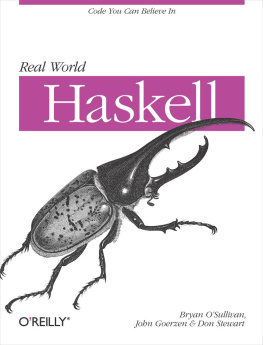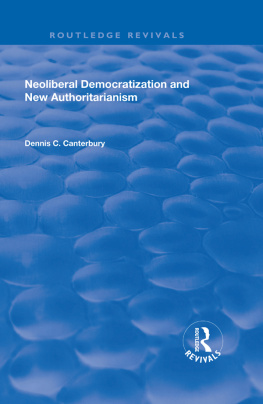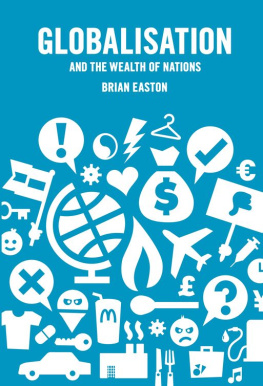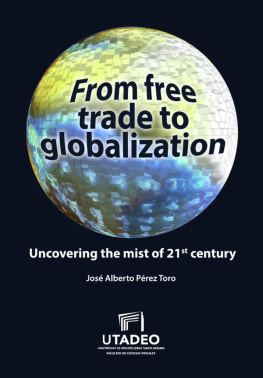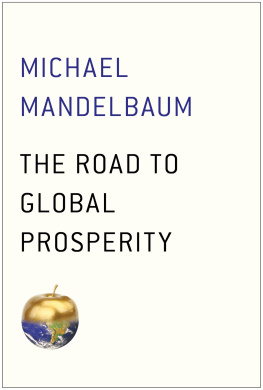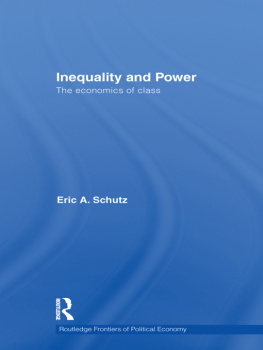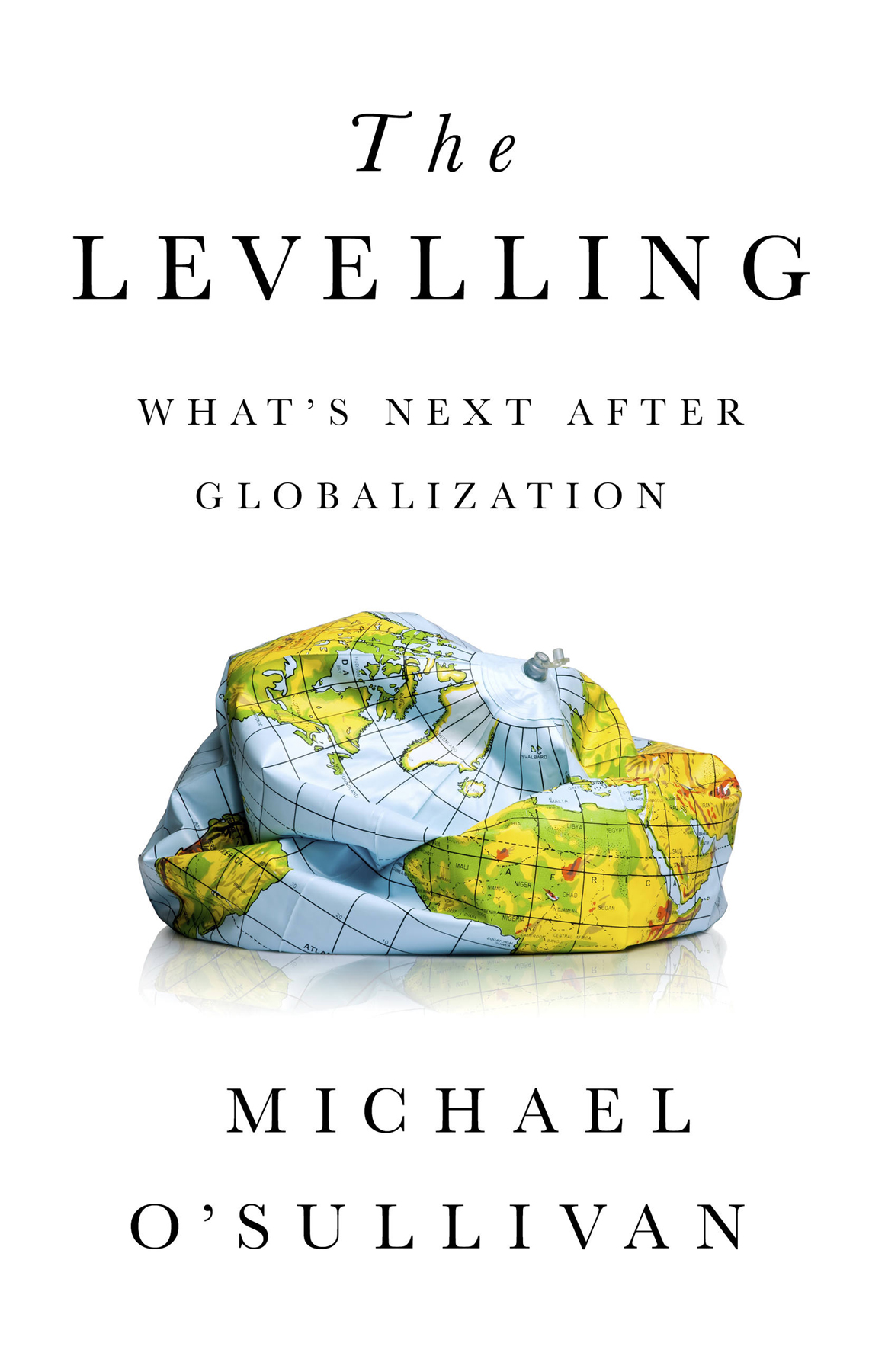Copyright 2019 by Michael OSullivan
Cover design by Pete Garceau
Cover image copyright iStock/Getty Images
Cover copyright 2019 Hachette Book Group, Inc.
Hachette Book Group supports the right to free expression and the value of copyright. The purpose of copyright is to encourage writers and artists to produce the creative works that enrich our culture.
The scanning, uploading, and distribution of this book without permission is a theft of the authors intellectual property. If you would like permission to use material from the book (other than for review purposes), please contact permissions@hbgusa.com. Thank you for your support of the authors rights.
PublicAffairs
Hachette Book Group
1290 Avenue of the Americas, New York, NY 10104
www.publicaffairsbooks.com
@Public_Affairs
First Edition: May 2019
Published by PublicAffairs, an imprint of Perseus Books, LLC, a subsidiary of Hachette Book Group, Inc. The PublicAffairs name and logo is a trademark of the Hachette Book Group.
The Hachette Speakers Bureau provides a wide range of authors for speaking events. To find out more, go to www.hachettespeakersbureau.com or call (866) 376-6591.
The publisher is not responsible for websites (or their content) that are not owned by the publisher.
Library of Congress Cataloging-in-Publication Data
Names: OSullivan, Michael, 1957author.
Title: The levelling: whats next after globalization / Michael OSullivan.
Description: First Edition. | New York: PublicAffairs, [2019] | Includes bibliographical references and index.
Identifiers: LCCN 2018049629| ISBN 9781541724068 (hardcover) | ISBN 9781541724082 (ebook)
Subjects: LCSH: Equality. | Social stratification. | Populism.
Classification: LCC HM821 .O88 2019 | DDC 305dc23
LC record available at https://lccn.loc.gov/2018049629
ISBNs: 978-1-5417-2406-8 (hardcover); 978-1-5417-2408-2 (ebook)
E3-20190417-JV-NF-ORI
For Myrna
Explore book giveaways, sneak peeks, deals, and more.
Tap here to learn more .

T HAT OUR WORLD IS CHANGING AT A TECTONIC LEVEL IS CLOSE TO UNDENIABLE , yet we often do not seem able to see beyond headline-grabbing events of recent yearsthe election of Donald Trump, Brexit, and new governments in Mexico and Italy, to name a few. These events simply represent the smashing of the old order; they are the detonators, the wrecking balls of the system that has grown up since the fall of communism.
The Levellingis about how the center of gravity in our world, societies, and economies is changing, the confusion those changes create, and the ideas that will help bring new structure to what is a disordered world. At the time of writing, the debate in countries as diverse as the United Kingdom, China, the United States, and Brazil is focused on uncertainty and the breakdown in well-established ways of doing things. Many people feel that their countries have strayed off the path to progress, and many more feel that the road ahead is an uncertain one.
My aim is to provide the frameworks and ideas that can help breathe new life into politics, policy making, and economic growth. They are not magic bullets but simply ways of focusing attention on fundamentally important issues, such as what makes a stable society and how to think through important political issues of the twenty-first century, including the role of intangible infrastructure in generating economic growth, the demise of international institutions, the rise to power of central banks, and the legal aspects of genetic engineering. The world we live in today, be the reader in Shanghai or Santiago or Stockholm, is very different from that of any other point in history. Forms of human interaction like social media didnt exist before. In economics, central banks have never before exerted so much influence on the world economy. In markets, the United States used to be the locus and architect of stability across emerging markets, either through the International Monetary Fund (IMF) or the US Treasury Department; now it is the provocateur of volatility. This time, as they say, is different.
There is also a sense that the cycles of the rise and fall of nations are repeating themselves and that, as over the past four hundred years, we are again grappling with basic issues such as the quality of public life, equality, and the workings of democracy.




